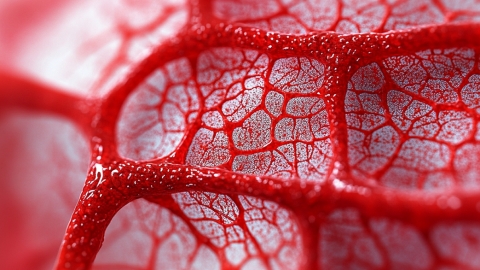Can IgA vasculitis resolve on its own?
Generally, IgA vasculitis may resolve spontaneously if symptoms are mild and no major organs are involved. However, when symptoms are severe and involve organs such as the joints, gastrointestinal tract, or kidneys, the condition may not self-resolve. If abnormalities occur, timely medical attention is recommended. Detailed analysis is as follows:

Mild cases of IgA vasculitis may only present with minor skin purpura, without other symptoms such as joint pain, abdominal pain, or hematuria, and the patient's immune function is normal. In such cases, the body's immune system can gradually regain balance through adequate rest and avoiding triggering factors. Symptoms may resolve spontaneously within 1–2 months without specific drug treatment, and the prognosis is generally good.
If IgA vasculitis is severe, with significant joint swelling and pain, recurrent abdominal pain, black stools, or kidney damage symptoms such as proteinuria or hematuria, it indicates that the vascular inflammation has affected multiple systems. At this stage, the body cannot rely on self-regulation to recover. Without timely intervention, joint function may be impaired, and kidney damage may progress continuously, potentially leading to renal failure. Medications such as glucocorticoids and immunosuppressants are required to control the disease, and spontaneous resolution is unlikely.
After a confirmed diagnosis of IgA vasculitis, it is important to ensure adequate rest and avoid allergens such as pollen and dust mites. Immediate medical attention is necessary if symptoms such as limited joint movement, persistent abdominal pain, or changes in urine characteristics occur.







